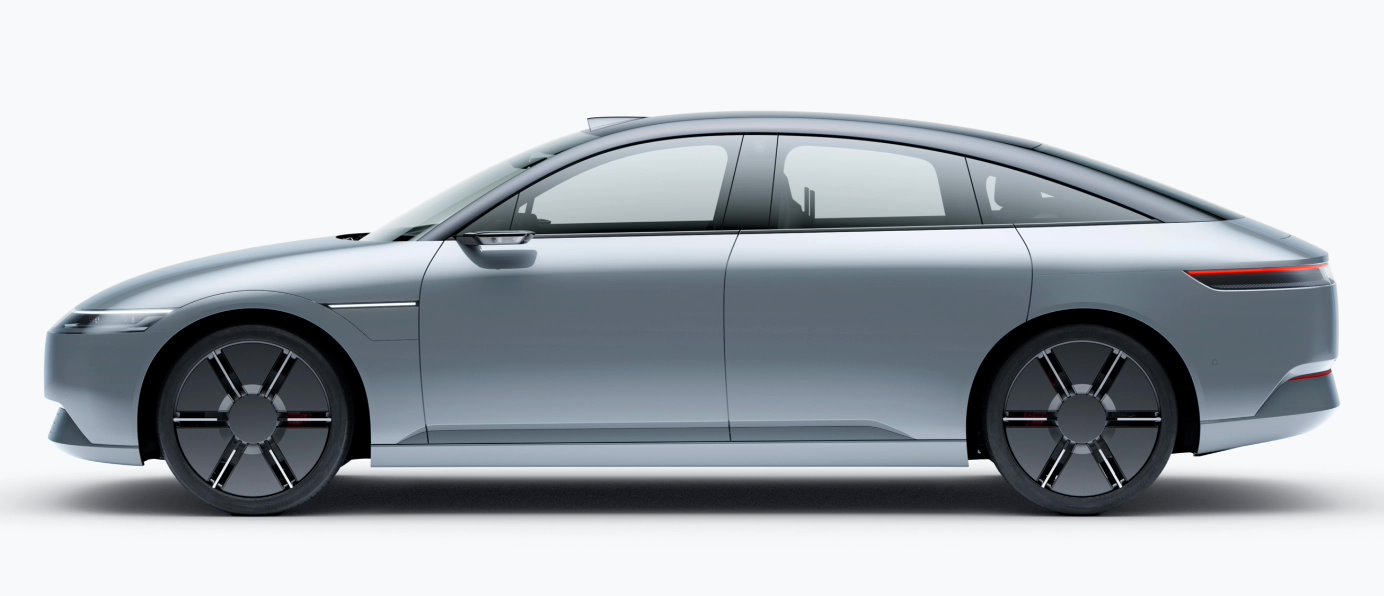According to a Nikkei report today,JapanMajorAutomobile CompanyIt has been gradually used in the development of new modelsGenerative AI, including Toyota, Mazda, Subaru, Honda and other car companies. It is reported thatAI can improve work efficiency by exporting combinations of parts, etc., and is expected to halve the time required for planning and design..
Specifically, the actions of various automakers are as follows:
-
Toyota:The Toyota Research Institute (TRI), a research and development subsidiary in the United States, has begun using image-generating AI to AI calculates air resistance based on the car's exterior design and adjusts the design. Its goal is to improve development efficiency while taking into account design and functionality.
-
Honda:Sony Honda Mobility, a 50-50 joint venture between Honda and Sony, will use generative AI to develop the new car AFEELA, which will be launched in 2025. AI will be used to develop advanced driver assistance systems (ADAS) responsible for safe driving.
-
Subaru:It is currently providing training to more than 4,000 engineers at different levels, including the use of generative AI. In October 2022, the company launched a "software talent training program" that allows employees to start learning from the basics of software and the principles of AI.
-
Mazda:All indirect employees, including those in the design and testing departments, will be required to receive AI training by 2025. The goal is to reduce time and process costs.Triple company-wide productivity by 2030.

The picture shows the AFEELA electric car jointly developed by Sony and Honda
Sony and Honda's AFEELA was unveiled during this year's CES 2024 exhibition, and the official played a "trick".Use the Sony PS5 controller to control the car to the boothThe car is equipped with an extra-long integrated central control screen.It will also integrate Sony's film, television, music, games and other entertainment functions, and is equipped with mobile platforms such as Qualcomm Snapdragon Digital Chassis and Epic's Unreal Engine 5.